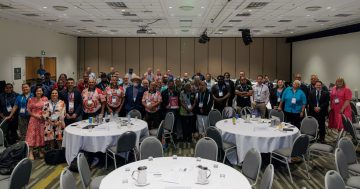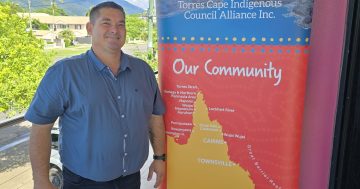
ALL levels of government have not been adequately delivering on Closing the Gap initiatives, according to a draft report.
The National Agreement on Closing the Gap aims to eliminate the gap in health and wellbeing, education and economic opportunities between Aboriginal and Torres Strait Islanders and non-Indigenous Australians.
The Agreement included four priority reform areas that aim to strengthen partnerships and shared decision making, build First Nations community-controlled sectors, transform government organisations so they work better for First Nations people and improve shared access to information to enable First Nations communities to make informed decisions.
However, the Federal Government’s independent review and advisory body, the Productivity Commission, released the first three-yearly review on the Agreement, and claims Federal, State and Local governments are not doing enough to close the gap.
Aboriginal and Torres Strait Islander health research body, the Lowitja Institute, a member of the 80-member Coalition of Peaks which shares in decision making on Closing the Gap initiatives, has urged governments to accelerate the implementation of the Agreement’s four priority reforms.
Lowitja Institute CEO Janine Mohamed said that the health and wellbeing of Aboriginal and Torres Strait Islander people cannot wait any longer.
“What is needed is a whole-of-system understanding and effort to embrace every opportunity to embed Indigenous ways of knowing, being, and doing,” Ms Mohamed said.
Ms Mohamed said she was especially concerned about the findings on priority reform three, which calls for governments to transform the way they work and become culturally safe and responsive to Aboriginal and Torres Strait Islander peoples.
“The Productivity Commission warns that this is putting the achievement of the other priority reforms, and ultimately the Closing the Gap targets, at risk,” she said.
Ms Mohamed continued that without serious improvement of the work on priority reform three, the Productivity Commission, along with the Coalition of Peaks, has made it clear that socioeconomic targets will not be met.
The review found that governments had not “co-developed and enacted shared decision-making arrangements that enable reforms to be designed in genuine partnership” in most policy areas despite the National Agreement.
Ms Mohamed said members of the Coalition of Peaks, including the Lowitja Institute, would continue to advocate for the governments’ full commitment to implementing every one of the priority reforms.
“This draft report underscores the urgency of our calls,” she said.











